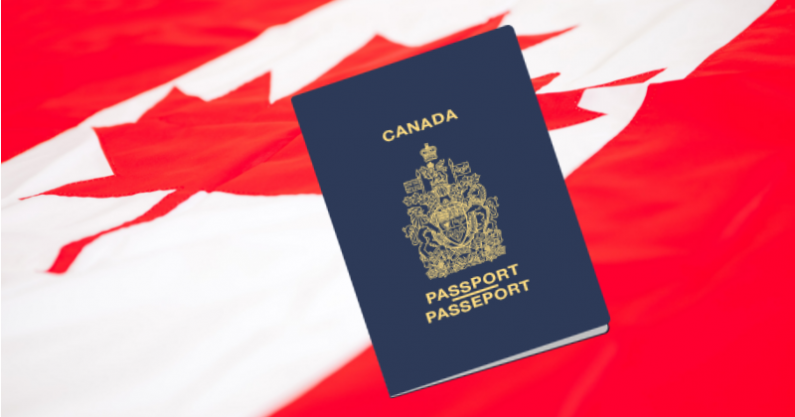Canada Permanent Residents who do not become citizens are not entitled to the same rights and privileges as citizens. Penalties for committing a crime in Canada for citizens are different from permanent residents and temporary residents - including permanent deportation from Canada.
A recent legal case involving a permanent resident convicted of robbing a bank demonstrates the high risk of deportation for Canada residents who do not become citizens. On appeal, the court reduced her original sentence of 18 months to 6 months so she would not be deported to her home country of Morocco because the court was "entitled to take into account the severe collateral immigration consequence that would result from a sentence over six months."
Immigration Lawyer Evelyn Ackah emphasizes that Canadian residents are not entitled to the same rights and privileges as Canadian citizens:
Becoming a citizen of Canada is a privilege that you must apply and qualify for. Canada is a wonderful country that offers a high quality of life and good educational and economic opportunities. Many people want to live in Canada and become permanent or temporary residents, which offers many benefits but not the same rights and privileges as a naturalized citizen.
Differences Between a Canada Permanent Resident and Citizen
Canada Permanent Resident
Before you can become a Canadian citizen, you first have to be a Canadian Permanent Resident. Permanent residents in Canada are not Canadian citizens but they have been granted permission to live and work in Canada without any limit on the length of their stay.
Permanent Residents have rights including:
- Rights to the same social benefits as any Canadian citizen, including healthcare coverage.
- The right to live, work, study anywhere in Canada.
- Protection under Canadian law and the Canadian Charter of Rights and Freedoms.
- The right to apply for Canadian citizenship.
- The right to live outside of Canada if they have lived in Canada for at least two years in a five-year period. If you live outside of Canada for longer, you may lose your status.
Canadian permanent residents cannot:
- Vote
- Run for federal office
- Hold jobs that require a high-level security clearance
- Get a Canadian passport
Permanent Residents must renew their PR card every 5 years. Learn more about how to become a Canada permanent resident here.
Canada Citizen
There are no legal differences between naturalized citizens and citizens born in Canada. Once you are a naturalized Canadian citizen you can:
- Apply for a Canadian passport.
- Participate in Canadian politics including voting and running for office.
There are eligibility criteria to become a Canadian citizen, and you must take a citizenship test. Learn more about how to become a Canada citizen here.








